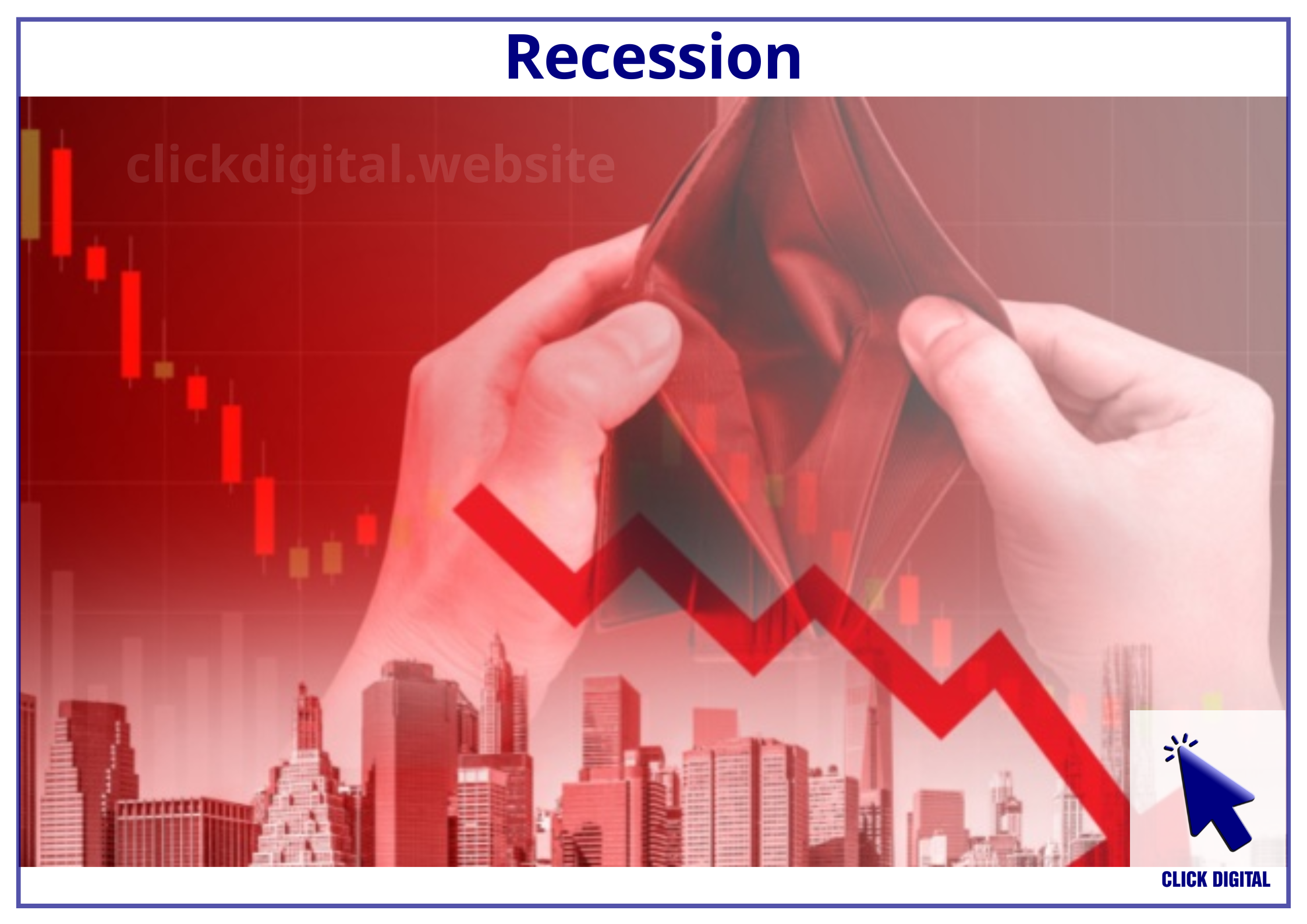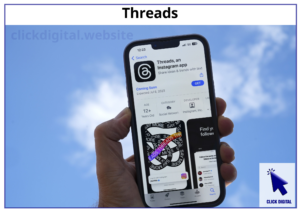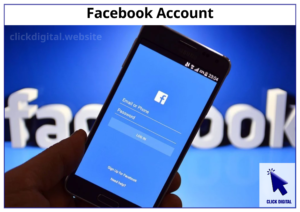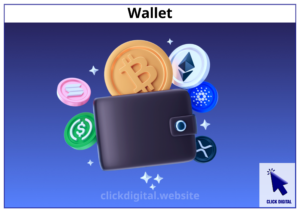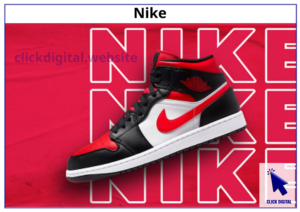Summary: Hello everyone, lately many of you have been complaining about the difficulties of doing business, finding it hard to make a profit, and struggling to find new customers. This article will analyze the importance of marketing during a recession, but from a different perspective. Instead of focusing on attracting new customers like during periods of economic growth, the article will emphasize retaining existing customers, optimizing resources, and building loyalty in a challenging environment.
Table of Contents
Recession: Challenges and Opportunities for Marketing
Recessions are often seen as a challenging time for businesses, especially in marketing. Cash flow shortages, weak purchasing power, and fierce competition are issues that businesses must face. However, these periods of economic crisis are also a time for businesses to demonstrate their flexibility, creativity, and focus on the most effective marketing strategies.
Adjusting Marketing Strategies in a Recession
During a recession, cash flow is limited, purchasing power is weak, and if you spend money on marketing carelessly, you can easily lose money. This is a time to play defense, not offense.
Defensive Phase: First, businesses should determine how long this recessionary period might last (requires economic knowledge), to choose appropriate spending levels, including marketing. In periods of prolonged recession and stagnation, businesses should make the most of their existing resources, using low-cost marketing channels (such as word-of-mouth, manual SEO through organic article writing, mutually beneficial partnerships), and avoid high-cost marketing channels (such as running ads, booking banners, paying KOLs/influencers, hiring agencies, hiring and expanding marketing teams…). The goal of marketing at this time is to retain existing customers rather than spending money looking for new customers. This phase should be as lean as possible.
Offensive Phase: When the economy begins to show signs of recovery, purchasing power begins to strengthen, we can gradually loosen the marketing budget to find new customers and gradually expand the business’s revenue. At this point, we can gradually shift to paid marketing channels to increase the number of reach and customers faster, in a shorter period of time. Businesses should expand one step ahead of other businesses to attract market share before competitors.
Comparing Marketing in Recession vs. Growth
| Factor | Economic Growth | Economic Recession |
| Goal | Attract new customers, increase market share | Retain existing customers, optimize costs |
| Strategy | Offensive: Aggressive advertising, expand market, hire more marketing staff | Defensive: Lean, optimize resources |
| Marketing Channels | Paid advertising, KOLs/influencers, grand events | Word-of-mouth, SEO, email marketing, social media, Content Marketing |
| Budget | High | Low, optimized |
| Competition | High, competition for market share | High, competition for customer loyalty |
| Customers | Easy to spend, easily change preferences | Cautious, prioritize value |
Marketing in a Recession: Lean and Effective
In a recessionary environment, marketing spending needs to be carefully considered. Instead of pursuing risky and expensive strategies like running extensive advertising campaigns, booking banners, or spending money on KOLs/influencers, businesses should focus on retaining existing customers.
Here are some lean and effective marketing strategies for a recession:
- Building Loyalty: Focus on caring for and retaining existing customers. Improving product/service quality, improving customer service, and offering attractive incentives are effective ways to retain customers.
- Optimizing Costs: Leverage low-cost marketing channels like word-of-mouth, manual SEO through organic article writing, mutually beneficial partnerships… Analyze the effectiveness of each marketing channel and prioritize the most effective ones.
- Focusing on Value: During a recession, customers are more interested in the value of products/services than the brand. Focus on providing practical solutions that meet the real needs of customers.
- Enhancing Engagement: Build close relationships with customers by increasing engagement on social media channels, organizing online events, or providing useful content and answering customer questions.
- Leveraging Technology: Online marketing tools like email marketing, marketing automation, data analytics… help you reach customers more effectively and save money.
Lessons Learned from Past Recessions
History has shown that businesses that continue to invest in marketing during recessions, but with the right strategies, often achieve better results.
- The Great Depression of 1929: Companies that continued to advertise during this period grew revenue by more than 20% compared to companies that cut marketing spending. However, advertising strategies at that time focused on building trust, demonstrating value, and optimizing costs rather than running elaborate campaigns.
- The 2008 Financial Crisis: Companies that continued to invest in marketing during this period increased market share and consolidated their position. But instead of spending recklessly, they focused on improving product quality, customer service, and effective online marketing.
- The COVID-19 Pandemic: Businesses that shifted business models and invested in online marketing were successful in adapting to the new situation and maintaining effective business operations.
Examples: In Vietnam, during the COVID-19 pandemic, Dell computer company, instead of selling through agents and offline marketing as before, opened Dell Online website and fanpage to sell products through online channels, improving their sales to some extent.
Tips for Businesses
- Define Clear Marketing Goals: What do you want to achieve during a recession? For example: retaining existing customers, increasing loyalty, optimizing costs…
- Analyze Data and Optimize Spending: Choose the most effective marketing channels and optimize your budget.
- Improve Customer Service: Customer loyalty is critical during a recession. Ensure that you provide excellent customer service to retain current customers.
- Be Creative and Flexible: Experiment with new marketing strategies to adapt to changing market conditions.
Observations
Marketing during a recession is a major challenge for businesses. However, with the right strategy, businesses can still overcome challenging times and grow sustainably. The key is to shift your mindset, focus on retaining existing customers, optimizing costs, and building brand loyalty. Remember, the market is always changing, and businesses need to be flexible and adaptable to survive and thrive.
Choose Click Digital as your marketing partner
Are you looking for a reliable marketing partner to help your business navigate tough times and grow strong in the future? Click Digital, with its team of experienced experts and deep market knowledge, is the perfect solution for you.
We will work with you, providing the most suitable marketing strategies for each stage of the economy and your business, from the start to when you become a leading brand.
Click Digital will help you optimize costs, effectively attract potential customers, and retain existing customers with the most suitable strategies, ensuring that your business stays ahead in all phases.
Contact Click Digital today.
Conclusion
Marketing in a recession isn’t unnecessary, but a strategic investment. But instead of pursuing extensive and expensive campaigns, focus on retaining existing customers, optimizing resources, and building loyalty.
Remember, businesses with long-term vision, smart investments, and adaptability will be the victors in the game.
Investing in marketing during a recession (with a lean, careful, and appropriate strategy) can help businesses overcome challenging times and grow sustainably in the future.

